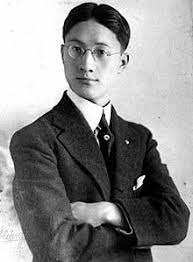Ch'ien Yung-ming (1885-19 June 1958), financier, spent much of his career in the service of the Bank of Communications, of which he became chairman of the board of directors. After 1928 he held various economic posts in the National Government. He also rehabilitated the Chung-hsing Coal Mining Company, which became the second-largest colliery in China, […]










